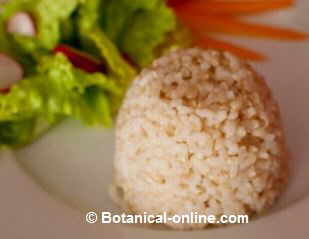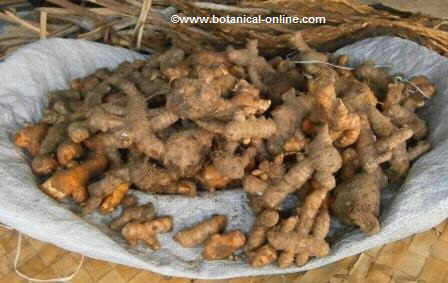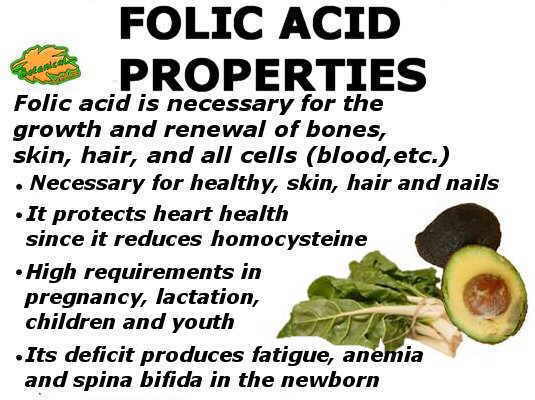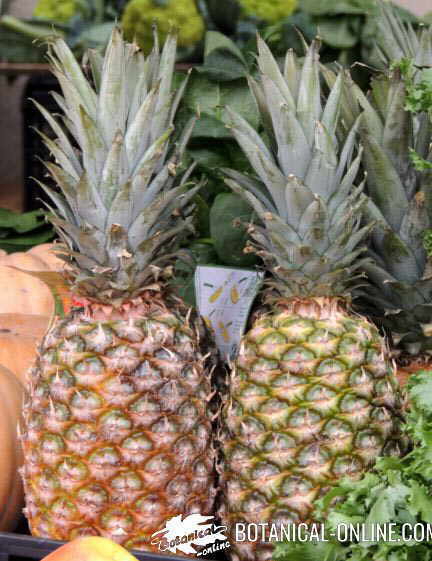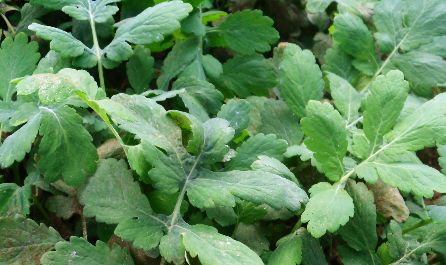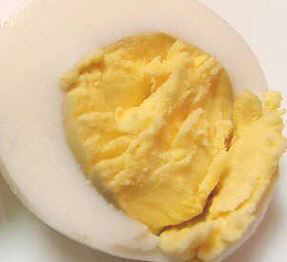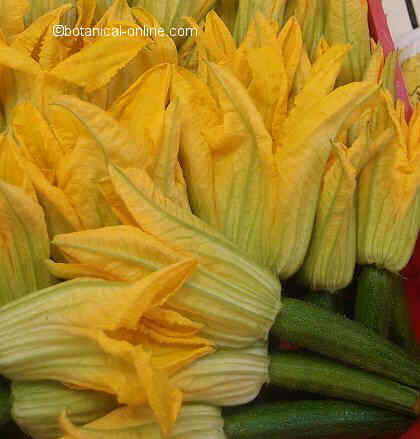Contents
Herbal treatment for arrhythmias
Phytotherapy: Medicinal plants preparations for arrhythmias
Phytotherapy in the treatment of cardiac arrhythmias (irregular heartbeats) may complement conventional treatment prescribed by your doctor.
Given the danger to health that arrhythmias suppose and the possible incompatibilities or interactions with prescription medication, talk with your doctor about the convenience of these treatments before undertaking any treatment.
Phytotherapy for arrhythmias is based on the use of a number of plants whose primary function is to stabilize heart rate, by means of body sedation or heart toning, and improve blood circulation . Among the most important plants we have:
Medicinal plants for arrhytmias
– Ginkgo (Ginkgo biloba) Ginkgo constitutes one of the best remedies to improve blood circulation. The reason is the power the extracts of this plant have to dilate blood vessels what makes blood circulate more flowingly. It seems that flavonoids exercise a vasodilator action on the walls of the arteries and capillaries at the same time that they prevent platelets to deposit inside them. This property can be used to cure a series of illnesses based on a bad circulation.
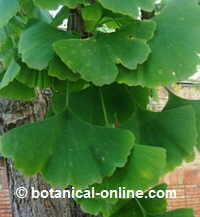
Ginkgo
Lack of irrigation of the heart as a result of the obstruction of the coronary arteries can be responsible for heart attacks. Without being so pessimistic, a faulty flow of blood to the heart muscle can produce arrhythmias (Take 60 to 240 mg daily of ginkgo supplements distributed in 3 takings. On sale in pharmacies and herbalists) (See contraindications and toxicity in the general study of the plant)
– Valerian (Valeriana officinalis) In addition to having a calming effect, also helps to stabilize the heartbeat. (Infusion of a teaspoon of dried herb per cup of water. A couple of cups a day) (Can be taken as supplements according to the condition of the patient information leaflet. On sale in pharmacies and herbalists)
– Hawthorn (Crategus oxycantha) It regulates heart rate, increasing the power of the heart muscle and lowers blood pressure by thinning the blood. (Infusion of a spoonful of flowers per cup of water. A couple of cups a day) (It can be taken in supplement form according to the condition of the patient information leaflet. On sale in pharmacies and herbalists)
Administered in adequate doses, it generally presents no contraindication. In high doses it can convey decreased heart rate, arrhythmia, respiratory depression and hypotension..
It can produce unpleasant effects on people with allergies to the Rosaceae.
Do not give to pregnant or lactating women.
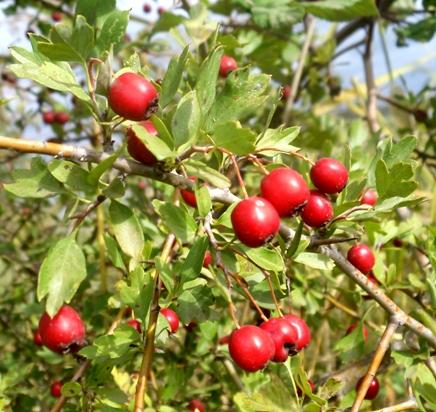
Hawthorn
Using this plant, combined with stress or medications for heart, can intensify their effects too much, so that the physician should assess the suitability of its application and the appropriate dose.
Being a plant that affects an organ as delicate as the heart, it is best to consult with your doctor before starting treatment.
– Dragon fruit: Because of its richness in captine it is suitable for arrhytmia diet.
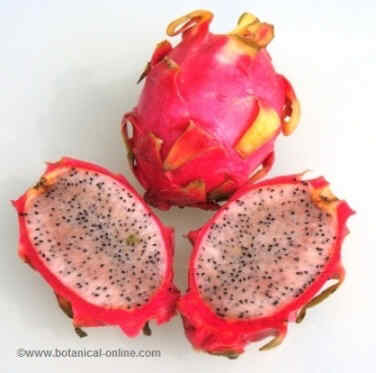
Dragon fruit open transversely
– Lemon Balm (Melissa officinalis) in the palpitations of nervous origin, lemon balm has the property to soothe the heart muscle and restore normal heart rhythm. (Infusion of a tablespoon per cup of water for 15 minutes. 3 or 4 glasses per day)
The essential oil is discouraged in pregnancy because it can cause abortions. Nor is it appropriate in infancy. It’s a slightly narcotic plant in low doses, but it is dangerous when used in high doses.
Used externally, can cause irritation in contact with the light, so it is advisable to cover the affected area of contact of light and not use in case of prolonged exposure to sunlight, specially in high mountain.
– Honeysuckle (Lonicera caprifolium) Honeysuckle has sedative properties that can be used to treat arrhythmias with a nervous origin. (Infusion of a spoonful of dried flowers per cup of water. Take a couple of cups a day)
it is recommended not to use it if pregnant or breastfeeding, because there are few studies about it.
Although not poisoning properties in the medicinal use of flowers and leaves have been describes one must be extremely cautious in its preparations since honeysuckles contain toxic principles. All of them are very rich in saponins and on another principles similar to nicotine. These principles attack the digestive system causing vomiting, diarrhea, convulsions, heart disturbances and, in extreme cases, even death.
– Horehound (Marrubium vulgare) It regularizes the heart rhythm (Infusion of a tablespoon per cup of water. Take a couple of cups a day)
– Membranous milkvetch / huang qi (Astragalus membranaceus) it is a cardiac tonic that improves circulation and reduces arrhythmias. (Infusion of a spoonful of shredded root per cup of water. 2 or 3 cups a day)
– Motherwort (Leonurus cardiaca) It decreases nervousness and regularize the pulse. (Decoction for 6 minutes in 125 g. of dried leaves per liter. A cup before bedtime)
– Spirulina for arrhythmias : spirulina can be considered a blood thinner remedy that protects against heart attacks, strokes, angina pectoris, Raynaud’s disease, etc. Moreover, the cardioprotective role is further enhanced by the ability of its oils to increase the transmission power of the heart muscle to prevent diseases such as arrhythmias.
![]() More information about arrhythmia natural treatments.
More information about arrhythmia natural treatments.

